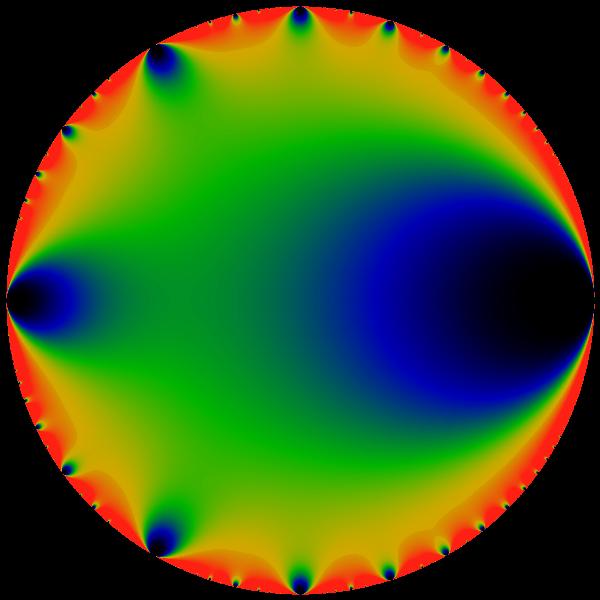
Quadratic forms
We start with Fermat's classical result about when a prime number is the sum of two squares, and develop the theory of quadratic forms motivated by possible generalisations of Fermat's criterion. We treat both definite and indefinite forms, and develop the classical theory of reduction, genera, and Gauss composition, taking all the while a 'visual' approach through Conway's topograph and Bhargava cubes. Finally, we formulate an inexplicit criterion for when a prime number is of the form x2 + ny2.
Complex multiplication
We ended the previous chapter with a resolution of the question of when a prime p is of the form x2 + ny2, and now turn to the question of how to check our criterion in practice. After a short review of class field theory, we develop the theory of complex multiplication and show how it it may be used to make the class field theory of imaginary quadratic fields explicit. By investigating the j-function and the Weber functions, we give a proof of Gauss' class number one problem following Heegner.
Modular curves
We discuss Serre's reformulation of the class number one problem in geometric terms. This motivates us to look for general techniques for finding all rational points on modular curves. We review some classical general methods such as descent via isogeny and the p-adic method of Chabauty-Coleman, and work out lots of explicit examples. Finally, we will look at the arguments of Mazur-Tate that show elliptic curves over Q cannot have rational 13-torsion, and give some indications how certain arguments forshadow parts of the proof of Mazur's Torsion theorem.
Course outline.